











Read More
Post Graduate Degree in Social Work prepares students to work in multiple fields by providing them with the necessary training and skills that help people to improve their living conditions. Social work is a practice-oriented professional course that aims to help communities and societies develop a focus on promoting social justice and redressing social and economic disadvantages. The MSW programme offers specializations in Community Development, Human Resources, Family and Child Welfare, and Medical and Psychiatric Social Work for better career prospects. Apart from classroom teaching, students shall undergo Concurrent Fieldwork and Block Placement according to their area of specialization, which helps them acquire more practical knowledge in that field. The Masters of Social Work course consists of two years of full-time university-level study. It aims to prepare students for effective professional practice as social workers in the social and community service sectors. The general objectives of the curriculum are associated with the liberal arts component of the MSW Course, which in time sequence precedes the professional component of the MSW course.
Year wise Course Details
Courses for this semester
The course provides a basic understanding and an overview of the professional social work. It further provides an in-depth knowledge on the historical evolution of social work profession, its different branches, professional values and ethics into practice. The course further aims to provide both national and international perspectives of social work profession. The course contains classroom lectures, assignment, group discussion and individual presentation, etc.
The basic aim of the course is to cover the general overview of Indian societies and its use in social work profession. The student will learn about the prevailing contemporary issues, aspects and its relevance in the field of social work profession and practice.
The course aims to introduce the students about the concept of human mind and behaviour. The course contents are covered with certain questions related to human mind, development and various human behavioural processes. It will further help to learn about the personality traits those moulds individual behaviour.
The purpose of this course is to enable students to gain knowledge about the concept and process of social planning and public policy. It also teaches the students about the evolution of social planning and policies in India.
This course introduces the concepts, types, prevalence of differently able, and the impact of disability on individuals, families, and society. The intervention of social work in working with persons with disabilities.
This course provides a comprehensive foundation in statistical methods, data analysis, probability theory, and hypothesis testing. It equips students with the essential tools to interpret and draw meaningful insights from data in various fields.
Students will participate in orientation visit, where they will learn about the organization’s vision and mission, explore its initiatives for community betterment, and identify key issues faced by the community. Students will submit a report on their orientation experience and engage in Individual and Group Conferences (IC/GC) to discuss their observations and insights.
Co-curricular activities will equip the students to enhance and engage with various sections of the society and formulate agendas of social and cultural events, seminars, workshops, awareness programs etc. It will also allow them to participate in community matters.
Courses for this semester
This course equips students with effective teaching strategies, fostering critical thinking and reflective practice. It emphasizes adapting content delivery to meet diverse learners' needs, ensuring inclusive and engaging learning experiences.
This course provides a comprehensive introduction to research methodology, encompassing the theory of science and both qualitative and quantitative research methods. It aims to equip students with the skills needed to critically review research literature across various domains and to develop their competencies in planning, conducting, evaluating, and presenting research projects. By the end of the course, students will gain foundational knowledge in research methods, report writing, and data analysis, while synthesizing theoretical insights for practical application in academic and professional contexts.
The course offers an in-depth exploration of India's rich culture, heritage, and the history of its freedom fighters. Through this online course, students will gain insights into the country's diverse traditions, historical milestones, and the contributions of key figures in India's fight for independence. This course aims to foster a deeper appreciation and understanding of India’s unique cultural and historical identity.
This course is designed to enhance students' research literacy, writing proficiency, and professional communication skills. Students will learn to accurately read and interpret research articles, abstract key ideas, and understand their implications. The course emphasizes the development of concise and objective writing using APA format. Additionally, it focuses on building effective communication and interview skills for Social Work practice, including critical thinking, cultural awareness, emotional control, and confidentiality. Through practical applications, students will gain the ability to apply these skills in diverse professional scenarios.
This course focuses on the holistic development of students by enhancing their social and soft skills. It encourages students to explore and develop their hobbies and interests in a supportive environment, providing opportunities to learn and showcase their skills. The course fosters creativity, boosts self-esteem, and cultivates positive outcomes by integrating hobbies into meaningful and collaborative activities. Students will improve their social skills, enhance their confidence, and build stronger interpersonal connections, contributing to their overall personal and social growth.
This course provides a comprehensive understanding of individuals and families, their challenges, and the social contextual factors influencing them. It introduces Social Casework as a key method of social work practice, focusing on its fundamental concepts, tools, techniques, processes, and skills. The course equips students with the knowledge needed to apply casework effectively in addressing individual and family concerns within their broader social contexts.
This course focuses on group work as a core method of social work intervention, highlighting its unique characteristics and contributions. Students will gain knowledge about group formation and the application of various group approaches. The course also emphasizes developing the skills and competencies needed to work effectively with groups in diverse settings.
This course aims to build a foundational understanding of beneficiaries and their diverse needs while exploring the challenges faced by communities and strategies for addressing them. It provides insights into the processes involved in Community-Based Organizations and highlights the connection between theoretical knowledge and practical fieldwork in social work. Additionally, the course focuses on developing essential skills for documentation and reporting, which are critical for effective fieldwork practice.
Courses for this semester
This course provides a comprehensive overview of medical social work, emphasizing its importance in promoting health and hygiene. It explores the historical context, contemporary practices, and the multifaceted roles of medical social workers within various healthcare settings. Students will develop a holistic understanding of the psycho-social challenges faced in medical environments and the necessary policies and legislation influencing health services in India.
This course offers an in-depth exploration of psychiatric social work, focusing on its theoretical foundations, practical applications, and the legislative context of mental health. Students will examine various approaches in psychiatric social work, the roles of social workers in mental health settings, and the principles of psychiatric rehabilitation. Additionally, the course emphasizes trauma-informed care and the psychological impacts of trauma, equipping students with the knowledge to support individuals facing mental health challenges.
This course provides a comprehensive understanding of mental health, human behavior, and the vital role of psychiatric social work in the treatment and rehabilitation of individuals with psychiatric disorders. Students will explore various mental health conditions, their symptoms, causes, and treatment processes. Additionally, the course covers psychiatric assessment tools and behavioral therapies, equipping students with essential skills for effective practice in psychiatric social work.
This course provides a comprehensive exploration of the needs and challenges faced by elderly individuals. It delves into gerontology, the demographic profile of the elderly in India, and the social worker's role in enhancing their quality of life. Students will gain insights into national policies and programs supporting the elderly, develop practical skills for working with this population, and understand the caregiver's role in providing effective care and support.
This course explores the complexities of family dynamics, focusing on the structure and processes that define families. It examines changing patterns in family settings, the role of non-governmental organizations (NGOs) in family empowerment, and the significance of marriage and family dysfunction. Students will develop skills for conducting assessments and interventions as family social workers, including the roles of family therapists and counselors.
This course explores the nature of beneficiaries in social work and the complexities of community issues. It emphasizes the role of community-based organizations (CBOs) in resolving problems, the application of social work theory to practice, and the development of essential skills for fieldwork documentation and reporting. Students will enhance their critical thinking, adaptability, and self-assessment skills to foster professional growth in agency-based social work.
This course provides an in-depth exploration of the development, rights, and challenges faced by children and youth. It emphasizes the critical role of social workers in supporting and advocating for young people. Students will examine the transition from childhood to adolescence and adulthood, identify current issues affecting children and youth in India, and understand the unique challenges faced by youth in rural areas.
This course focuses on the essential technical skills required for modern social work practice, emphasizing the application of technology to enhance client outcomes. Students will critically evaluate the impact of emerging technologies on social work methodologies and learn to manage client systems using digital platforms. Ethical considerations in digital practice will also be addressed, ensuring that students are well-equipped to navigate the complexities of technology in the social work field.
This course provides a comprehensive foundation in empirical research methodologies, emphasizing the importance of ethical considerations in research practices. Students will explore relevant guidelines, policies, and ethical theories, gaining insights into the responsibilities of researchers and the standards that govern ethical research. The course will equip students with practical skills for data collection, analysis, and reporting while ensuring ethical integrity in their work.
This course provides a comprehensive introduction to survey methods as a critical tool for data collection in research. Students will learn the fundamental concepts and meanings of surveys, explore different types of surveys, and identify the appropriate survey methods for various studies. The course will emphasize practical application, enabling students to effectively use surveys for data collection across diverse research fields.
This course is designed to equip students with a solid understanding of key concepts and theories in the subject matter while enhancing their critical analysis and problem-solving skills. Through a combination of theoretical exploration and practical application, students will learn to communicate effectively, collaborate in teams, and apply their knowledge to real-world situations.
This course focuses on enhancing students' understanding of key concepts and theories while developing critical thinking and effective communication skills. Through a combination of course materials, practical examples, and collaborative projects, students will learn to analyze information critically, propose evidence-based solutions, and communicate ideas clearly in both written and spoken formats.
This course focuses on enhancing students' understanding of key concepts and theories while developing critical thinking and effective communication skills. Through a combination of course materials, practical examples, and collaborative projects, students will learn to analyze information critically, propose evidence-based solutions, and communicate ideas clearly in both written and spoken formats.
Courses for this semester
This course provides students with a comprehensive understanding of the role social work agencies play in addressing contemporary social issues. Through a combination of theoretical learning and hands-on field experience, students will gain practical experience working within an agency, develop core social work skills, and integrate their academic learning into real-world practice. The course emphasizes continuous engagement with the field of specialization, helping students consolidate and apply their knowledge, enhance their professional competencies, and reflect on their growth as social workers. Key areas of focus include agency operations, client-centered practice, case management, and ethical decision-making, all aimed at preparing students for successful careers in social work.
This course provides an in-depth study of the concept and development of community health in India, focusing on the evolution of public health practices and their impact on communities. Students will explore various health policies that have shaped the country's healthcare system, gaining a deeper understanding of their objectives, challenges, and outcomes. The course also covers the changing concepts of community healthcare, emphasizing the shift towards more inclusive, preventive, and sustainable health practices. By the end of the course, students will have a comprehensive understanding of the historical, policy, and conceptual frameworks that influence community health in India.
This course provides students with a thorough understanding of disability, covering its concept, different types, prevalence, magnitude, and underlying causes. Students will examine the various ways disability affects individuals, families, and society, considering both the personal and societal dimensions of disability. The course also focuses on identifying key intervention areas for social work practice with persons with disabilities, equipping students with the knowledge and skills to design and implement effective support strategies. By the end of the course, students will be prepared to address the challenges faced by individuals with disabilities through inclusive, client-centered interventions in both individual and community settings.
This course explores the status of women within the family and society, focusing on the roles, challenges, and evolving dynamics of women in various cultural and social contexts. Students will gain a deeper understanding of the specific needs and problems faced by girls and women, addressing issues such as gender inequality, violence, and access to resources. Additionally, the course delves into the concept of LGBTQIA+, exploring its history, significance, and the challenges faced by individuals within these communities. By the end of the course, students will be equipped with a comprehensive understanding of gender issues and will be prepared to contribute to creating more inclusive and supportive environments for women and LGBTQIA+ individuals.
This course provides an in-depth understanding of the concept and meaning of data, offering students a solid foundation in how data is collected, categorized, and interpreted. Students will become familiar with different typologies of data, exploring qualitative, quantitative, and mixed-methods approaches. The course also covers various approaches to data analysis, guiding students through the processes of organizing, interpreting, and drawing conclusions from data. Additionally, students will explore different methods of data analysis, gaining practical skills in applying appropriate techniques to diverse research contexts. By the end of the course, students will be prepared to handle, analyze, and interpret data effectively, laying the groundwork for successful research in their respective fields.

CST- Common scholarship test is a national and international level online MCQ based examination funded for intellectual empowerment by Assam down town University.
CST- Maximum enrolment each year is 269 seats and any 10+2 students can apply. Adtu is northeast India’s first placement driven university to provide 100% scholarship benefits worth 30 cr.
CST aims to inspire brilliant and competent students to pursue further education. Accredited with a prestigious grade by NAAC, UGC and AICTE.
Explore more scholarships that can help you reach out your goal with financial aid.
This scholarship is valid on the basis of the board/university examination
| 95% & above | 100% Scholarship on all semester |
| 90%-94.9% | 50% Scholarship on all semester |
| 80%-89.9% | 25% Scholarship on all semester |
This scholarship is valid on the basis of the board/university exam
| National & International Level | 100% Scholarship on all semester |
| State Level | 50% Scholarship on all semester |
| District Level | 25% Scholarship on all semester |
This scholarship is valid on the basis of the board/university exam
| National & International Level | 100% Scholarship on all semester |
| State Level | 50% Scholarship on all semester |
| District Level & NCC Certificate Holder | 25% Scholarship on all semester |
Discover a multitude of world-class amenities and cutting-edge resources at Assam down town University, enhancing your academic journey to new heights.
The Start-Up & Incubation Centre at Assam down town University provides a supportive environment for young entrepreneurs to develop and grow their business ideas. The center provides mentorship, funding, and networking opportunities to help innovative ideas become successful businesses.
SFURTI scheme to support rural entrepreneurs and innovators, an initiative by the Ministry of MSME
TIDE 2.0 scheme for ICT-based startups which provides a grant of Rs. 4L and Rs. 7L under EiR and Grant categories respectively, an initiative by the Ministry of MeitY.
dtVL Ideation, an incubation program for early-stage entrepreneurs with a market-ready solution/product, offering interest-free loans up to Rs. 2 lakhs.
Sprout UP, an incubation program for students, faculties, and researchers with innovative business ideas, prototypes, or technology solutions.





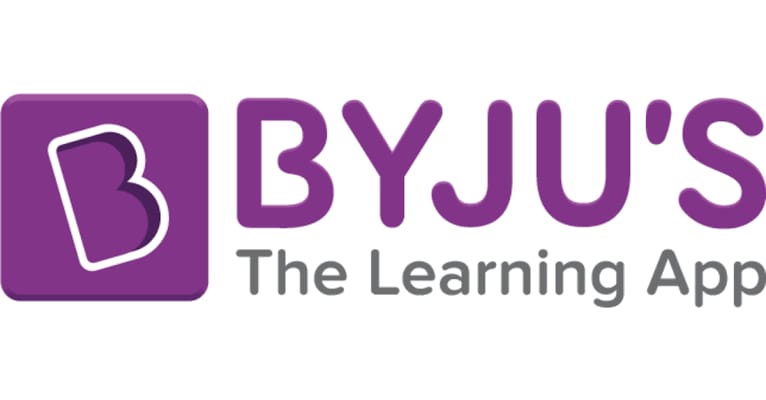








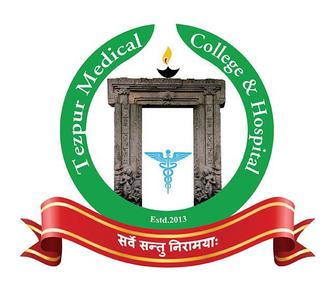








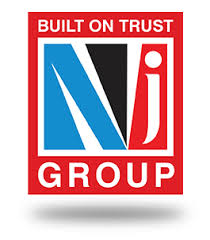
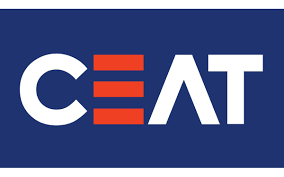

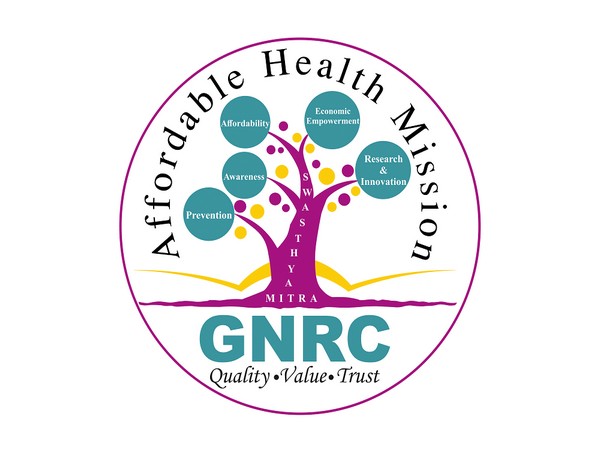


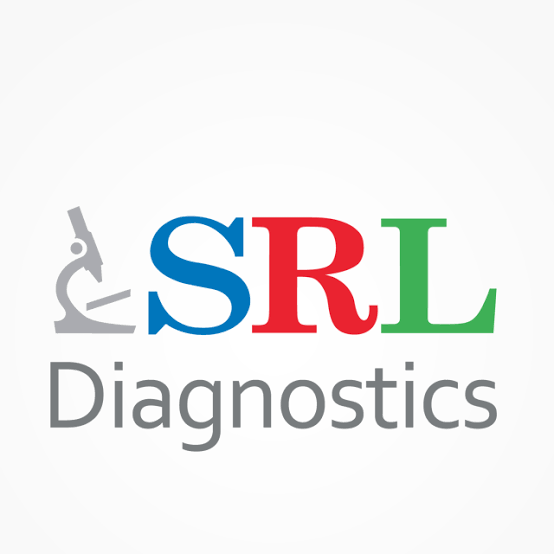








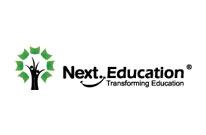

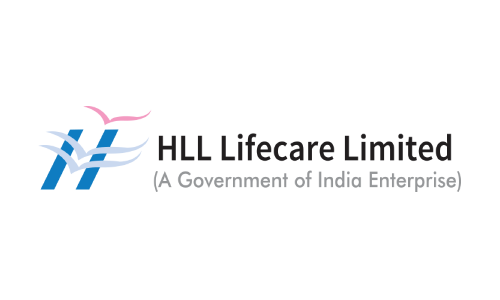





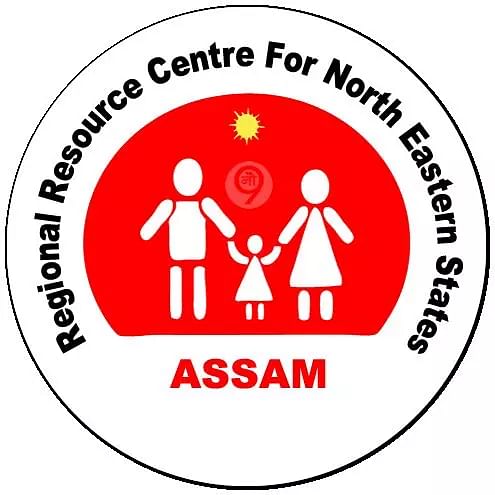



"I am a BBA student of 3rd semester. I hail from Bhutan. I vow that I am having a great experience i...
"AdtU is amazing. I am a BBA student of 2019-22 batch and I am just grateful for the amount of oppor...
Let us be grateful to the people and place who makes us happy. They are the charming gardeners whom ...
Currently I am pursuing MBA in Assam Down Town University. MBA is the professional course through wh...
AdtU is a university that focuses on giving knowledge, education and simultaneously making the stude...
The Assam downtown University has been a great learning experience. The university has provided me w...
My experience with AdtU has been splendid one indeed. Little needs to said about its scenic infrastr...
As a student I am very glad that I have got an opportunity to study here in Assam downtown universi...
My name is Sakhyajit Roy. I?m from Tripura. I joined the university on Auguest, 2017 as a student of...
I share immense pleasure to share my post graduate program experience in Assam down town University....
AdtU is a platform where I got golden opportunities to feed my zeal for knowledge through the dynami...
I am fortunate to get an opportunity to study here in Assam Downtown University. The best thing abou...
Our university is one of the best place for developing ourselves in the field of research and acedem...
ADTU is a university that is very good interms of infrastructure, academics and placements. Our tea...
It is one of best private colleges in North East India, it also provides a good environment for ed...
ADTU is a good University which provides the students with best quality lectures and ensures comfort...
The environment of Assam downtown university is very pleasant.The department of BMLT is very good a...
The university has all the necessary facilities and amenities for students . The classrooms and the ...
Assam downtown University is well recognised all over india. In the ongoing pandemic situation it ha...








